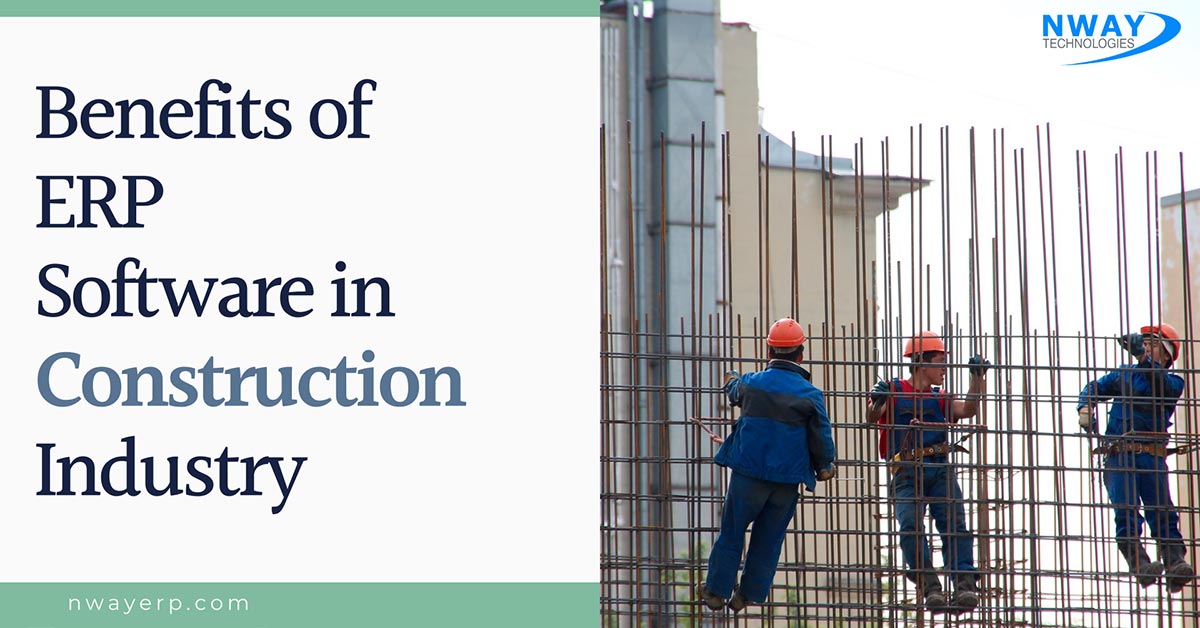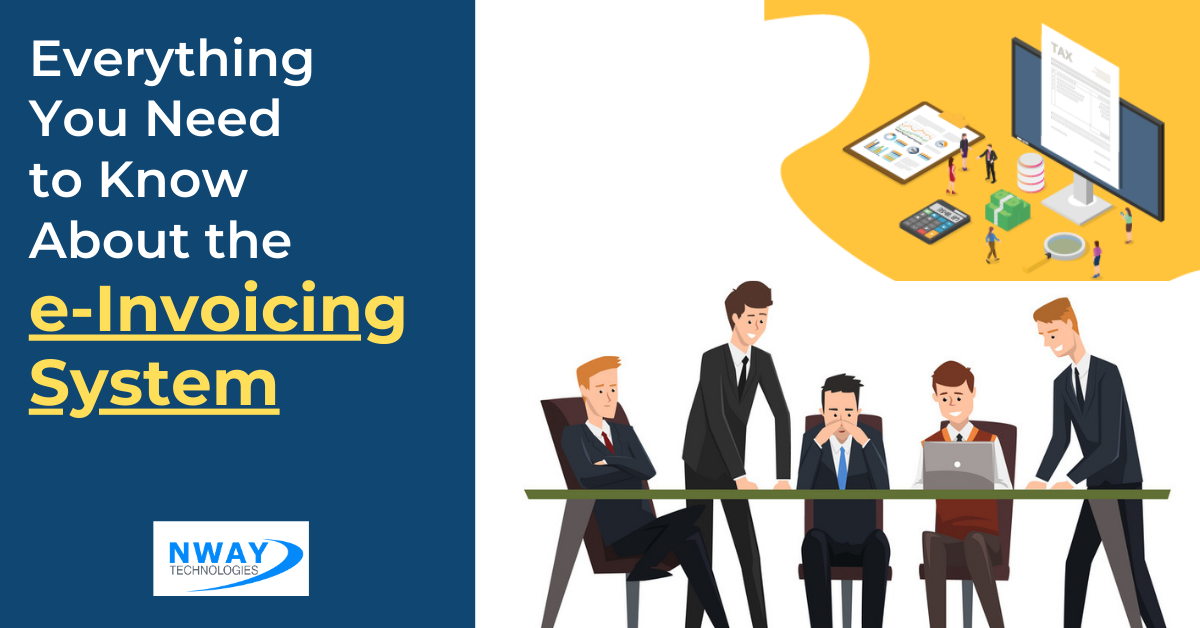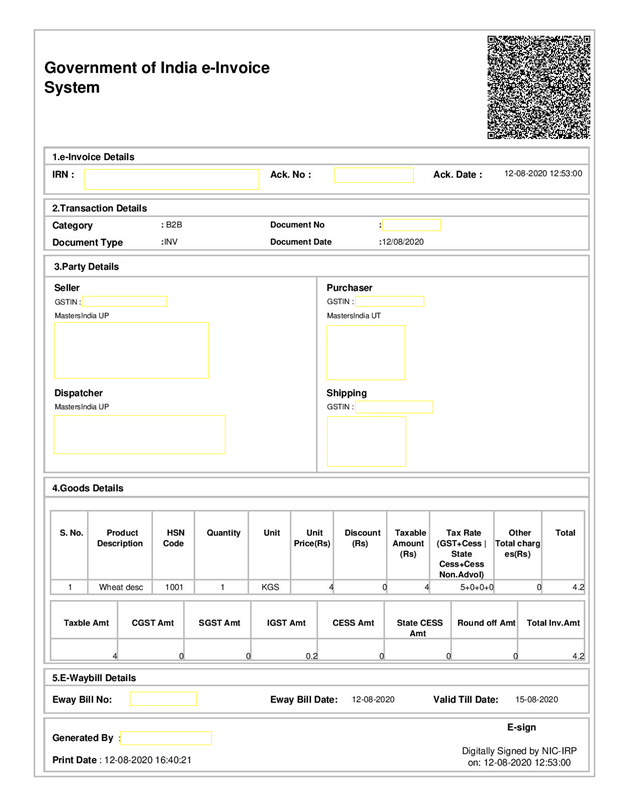Concerns in Construction Industry
Many construction businesses have reported the following difficulties they face, and what keeps them away from reaching a fruitful revenue.
- Poor Workforce Management
- Shipment Delays
- Bad Inventory Management
- Improper Reporting & Analysis
- Miscommunication
- Wastage of Resources
Benefits of Construction Management ERP Software Implemented by NWAY Technologies:
-
Contractor Management
Construction ERP Software can boost performance according to the need of your organization with customization. Create a centralized database of all qualified contractors across the organization and monitor contractor project progress and efficiently assign/monitor tasks through automated notifications and insights.
-
Planning & Estimation
Be prepared for unforeseen changes by analysing previous reports to realizing the repetitive constraints. Mark your budget limits with timely alerts on exceeding limits. Ensures a project is achievable, measurable, specific, relevant and in the bound of time. Share the planning and ideas with customized groups in a centralized system making it a more Accountable and organized system.
-
Project Management
All sites centralized in one place, keeping track of all the task going on various sites eliminating pending culture in your organization leading towards a healthy project life cycle. Whatever department is, allot group task, and set timeline and budgets achieving bigger goals. Go as per plan and receive timely pending task alerts and delays in the life cycle of the project.
-
Inventory Management
Materials Management (MM) is the system for planning and controlling all of the efforts necessary to ensure that the correct quality and quantity of materials are properly specified in a timely manner, are obtained at a reasonable cost and most importantly are available at the point of use when required. Poor materials management can result in increased costs during construction. Efficient management of materials can result in substantial savings in project costs.
Nway construction ERP software is a web-based construction ERP software that takes on the role of ERP software to assist contractors and Project Managers with their daily construction operations. We are one of the very few products in the construction market that has built-in Business Intelligence to promote positive ROI and Lean technology to control cost overruns and project resources deviations.
If you want better insight into how we can boost your enterprise potential, you can go with a free, detailed and personalised DEMO of Nway construction ERP Software.








